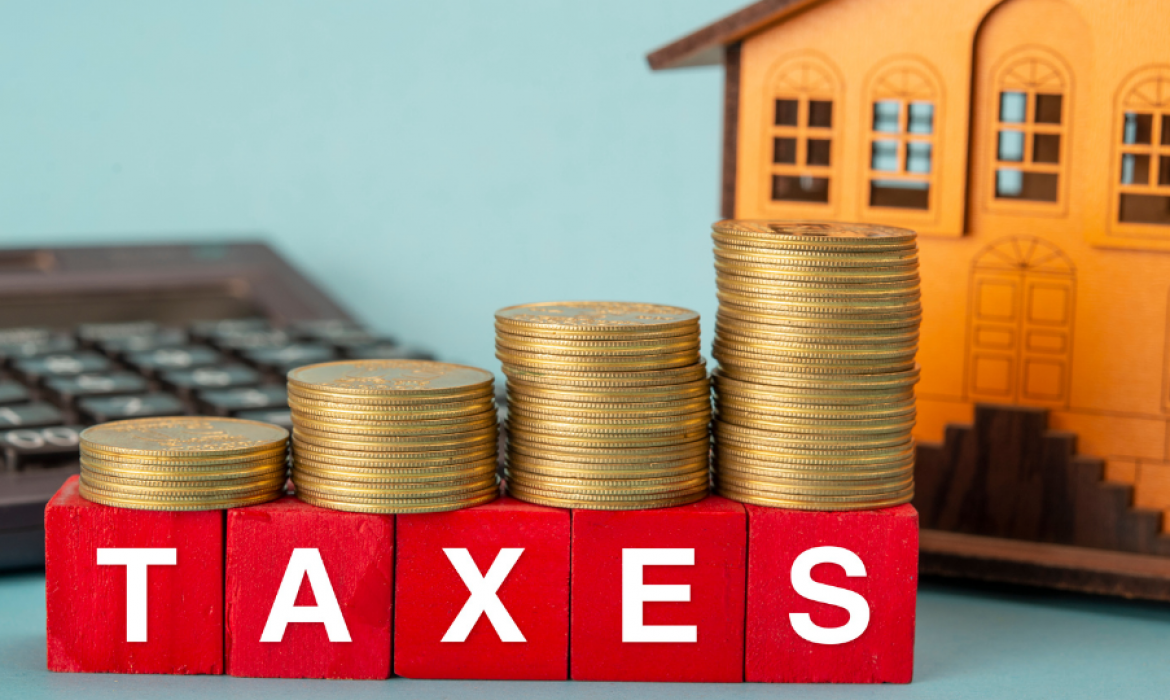
Landlord Income Tax: How to Handle Unexpected Tax Situations as a Landlord

Being a landlord offers a wealth of benefits, including steady rental income, property appreciation, and the satisfaction of providing a home for others. However, alongside the rewards come responsibilities, including managing your landlord income tax obligations. While most landlords navigate routine tax filing, unexpected situations can arise, causing confusion and frustration. This article equips you with the knowledge and resources to handle these unexpected tax situations. Thus, ensure your landlord income tax remains compliant.
Common Unexpected Situations
- Unexpected Repairs and Maintenance: Landlording comes with its share of wear and tear. While routine maintenance costs are tax-deductible, significant repairs or unexpected replacements like a new roof or major appliance failure can throw a wrench into your tax planning. Understanding how to properly claim these deductions and potentially spread them out over multiple tax years can significantly impact your tax burden.
- Vacancy Periods: Ideally, your rental property remains occupied throughout the year. However, vacancy periods are a reality for many landlords. The good news is that these periods can be partially tax-deductible, potentially reducing your landlord income tax liability. Provided you actively market the property to find a new tenant. Knowing the specific requirements for claiming vacancy deductions can help you minimise the financial impact of unoccupied periods.
- Property Damage by Tenants: Unfortunately, even the most responsible tenants can cause accidental damage. While you might recoup some costs through security deposits, major repairs due to tenant negligence can be a financial blow. Understanding the documentation required and distinguishing between normal wear and negligence is crucial for landlords. Thus, maximise deductions on their landlord income tax.
- Eviction Costs: Evicting a tenant is a last resort, often triggered by non-payment of rent or lease violations. However, the eviction process itself can incur legal fees and court costs. While these costs can be tax-deductible as business expenses, navigating the specific rules and ensuring proper documentation for landlord income tax can be challenging.
Maximum Landlord Income Tax: Strategies for Handling the Unexpected
- Maintain Detailed Records: The key to handling unexpected situations lies in meticulous record-keeping. Keep receipts for all rental income and expenses, including repairs, maintenance, legal fees, and property management costs. These records are crucial for substantiating your deductions and ensuring a smooth tax filing process.
- Consult a Tax Professional: Landlord income tax can be complex, especially when unexpected situations arise. Don’t hesitate to seek guidance from a qualified tax professional specialising in rental income. They can analyse your specific situation, advise on the most advantageous deductions, and ensure you remain compliant with tax regulations.
- Stay Up to Date: Tax laws and regulations can change periodically. Stay informed about these changes, particularly those affecting landlord income tax deductions. This allows you to adapt your record-keeping and tax-filing strategies accordingly. Utilise resources provided by the IRS and professional organisations geared towards landlords.
- Plan for the Unexpected: You can’t predict every unforeseen circumstance. However, building a financial buffer can help mitigate the impact of unexpected repairs, vacancies, or eviction costs. Consider setting aside a portion of your rental income each month into a dedicated savings account. As a result, you handle these situations without jeopardising your financial stability.
Proactive Approaches for Achieving Success with Landlord Income Tax
In property ownership, unexpected situations are bound to arise, especially for landlords. Nonetheless, with the assistance of meticulous record-keeping and seeking professional guidance from experts at Low Cost Accounts, you can confidently navigate these challenges. Staying abreast of tax law changes and planning for contingencies are essential steps in proactively managing your landlord income tax. With Low Cost Accounts‘ support, you can minimise your tax burden and ensure a financially secure journey in the property market. Remember, armed with the right knowledge and strategies, unexpected tax situations can be transformed into manageable hurdles on your path to successful and sustainable property ownership.
